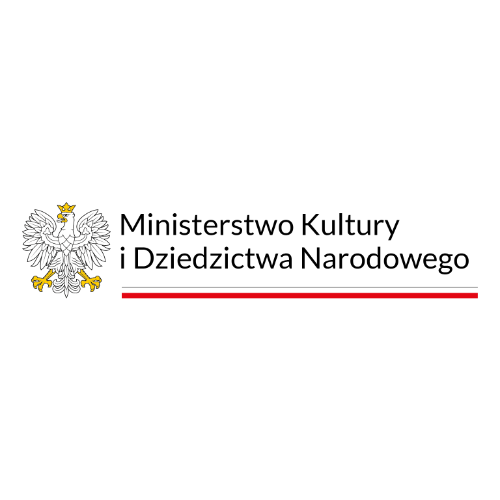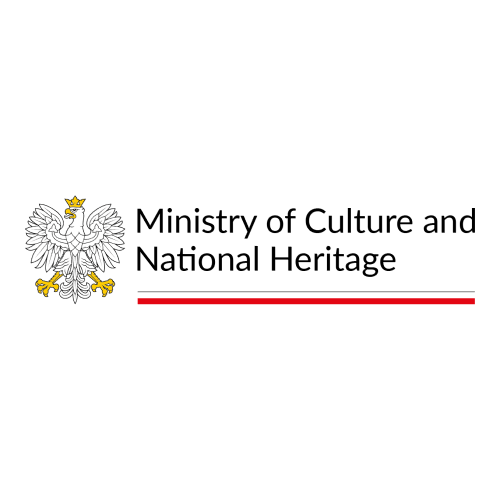Werther
Jules Massenet
Musical drama in four acts (five scenes)
Libretto: Édouard Blau, Paul Millet, and Georges Hartmann after Johann Wolfgang Goethe
World premiere: 16 February 1892, Paris
Premiere of this production: 14 January 1995, Amsterdam
In the original French with Polish and English surtitles
Werther by Jules Massenet comes from the catalogue of Wise Music Group
To be admitted to an event, every audience member must submit a health declaration online (not earlier than 48 hours before the curtain-up) or in hardcopy (when entering the opera house).

 COVID-19 Safety Measures
COVID-19 Safety Measures When The Sorrows of Young Werther, an epistolary novel by Johann Wolfgang Goethe, was first published in 1774, the public lost its mind for the eponymous solitary poet who is idealistically in love with a woman involved with a different man. ‘The Werther effect’ was observed all over Europe: young people would fall hopelessly in love and follow in Goethe’s protagonist’s footsteps taking their own life in a grand gesture. Early Romanticism found the perfect embodiment of its ill-adjustment and unconscious desire for death.
Over a hundred years later when people have long brushed off Romantic love stories and the belle époque grew bedazzled with advancements in technology, French composer Jules Massenet, the sole continuator of the French opera tradition following the death of Bizet, became intrigued by the love triangle of Charlotte, Werther and his rival Albert. He saw the old story as a relevant representation of the conflict between genuine feeling and the strain of bourgeois conventions.
It took Massenet seven years (1880–1887) to complete the libretto and music. He spent the following five arranging for the opera to be staged. In the meantime, five other operas he wrote saw their world premieres, including the famed Manon. Today, there is no denying that Werther is a masterpiece. It culminates in Act 3 when the lovers confront their feelings over the poetry of Ossian, which the composer conveyed through Werther’s beautiful aria Pourquoi me réveiller. Act 4, when the focus shifts to Charlotte and her wonderful mezzo-soprano role, is deeply compelling.
Unlike in the German original, Massenet’s Charlotte is in love with Werther but chooses to obey by her the wishes of dead mother, who wanted her to marry the practical Albert. Werther, who believes in l’amour eternel wants to die. Charlotte sends him away for six months until Christmas. She cannot forget him, though; she reads his letters and cannot hide her love when he returns suddenly. She nevertheless breaks away when he takes her in his arms. Rejected, Werther decides to kill himself (Soit! Adieu donc! Charlotte a dicte mon arret! – So be it! Farewell then! Charlotte has decreed my death!). She dashes to town to stop him, but arrives too late – Werther is fatally wounded. He dies in her arms to the sound of a Christmas carol and she returns the kiss she had refused him in her small-mindedness before. Let your soul dissolve in my heart are the last words of their duet, which – let’s be frank – can bring tears to anybody’s eyes.
In his much publicized 1996 production of Werther, which scored triumphs in Amsterdam, Rome, Geneva, Antwerp, Frankfurt, Barcelona (starring Piotr Beczała) and Prague, German stage director Willy Decker focuses on the psychological aspects of obsessive love and internal entrapment. The wide planes of the vivid set design, so characteristic for the director, are divided into two zones: the limited space of the protagonists’ psyche and the natural world reflecting the changing seasons of the year.
Werther is sung by Piotr Beczała, who performed the role in Barcelona in 2017 and has recently portrayed Jontek in Mariusz Treliński’s production of Moniuszko’s Halka. Partnering him will be Iryna Zhytynska, a regular of the Wrocław Opera who can also be heard at Madrid’s Teatro Real, Vienna’s Theater and der Wien, and the Finnish National Opera.
-
Time is measured by
-

Cast
Credits
Orchestra of the Polish National Opera
Władysław Skoraczewski Artos Children’s Choir
Sponsors
-
Partnerzy Akademii Operowej
-
Partnerzy Teatru Wielkiego - Opery Narodowej
-
Partner technologiczny
-
Patroni medialni
-
Partners of the Opera Academy
-
Partners of Teatr Wielki – Polish National Opera
-
Technological partner
-
Media patrons






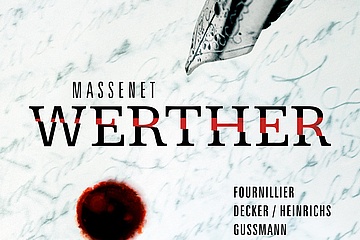
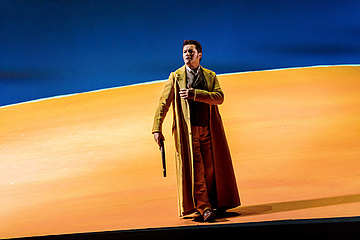
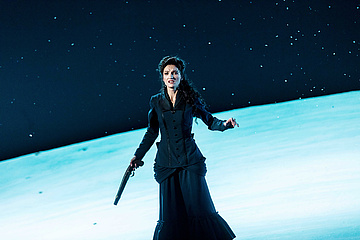
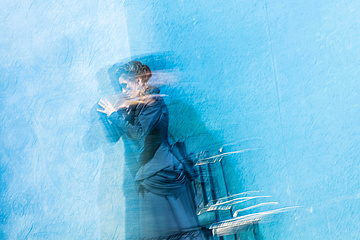
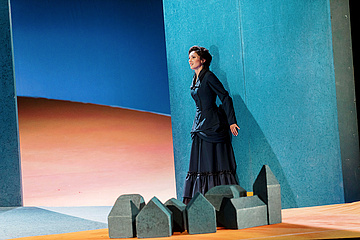
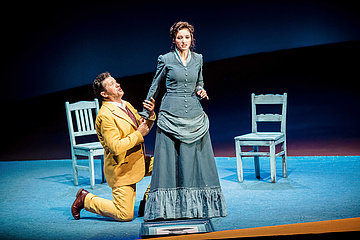
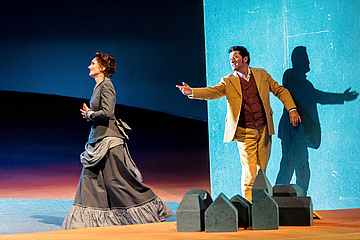
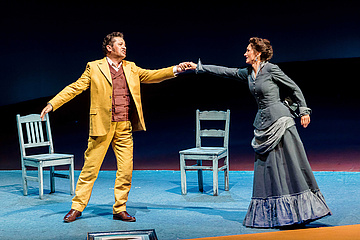
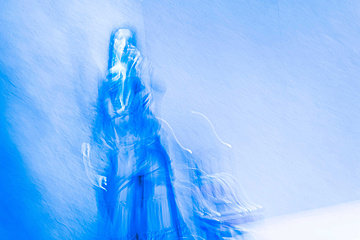
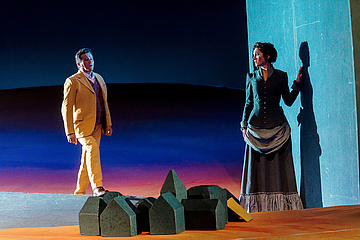
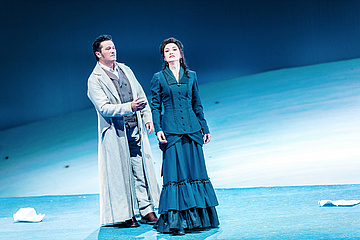
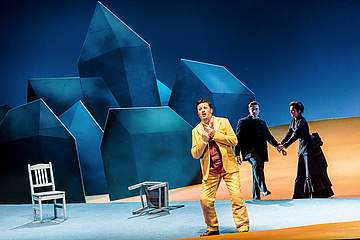
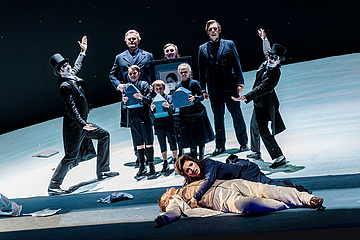
 Leonardo Caimi
Leonardo Caimi  Iryna Zhytynska
Iryna Zhytynska  Stanislav Kuflyuk
Stanislav Kuflyuk ![[Translate to English:]](/fileadmin/_processed_/3/5/csm_Sylwia_Olszynska_2024_-_kwadrat_28cfd0f16e.jpg) Sylwia Olszyńska
Sylwia Olszyńska  Jerzy Butryn
Jerzy Butryn ![[Translate to English:]](/fileadmin/_processed_/d/7/csm_Szymon_Raczkowski_fot._Adam_Chodakowski_-_kwadrat_19109d9a65.jpg) Szymon Raczkowski
Szymon Raczkowski  Jacek Ornafa
Jacek Ornafa  Igor Buczyński
Igor Buczyński  Katarzyna Ćwiek
Katarzyna Ćwiek ![[Translate to English:]](/fileadmin/media/img/ludzie/dyrygenci/patrick_fournilier_fot_arch_artysty_-_kwadrat.jpg) Patrick Fournillier
Patrick Fournillier  Willy Decker
Willy Decker  Stefan Heinrichs
Stefan Heinrichs  Wolfgang Gussmann
Wolfgang Gussmann 
